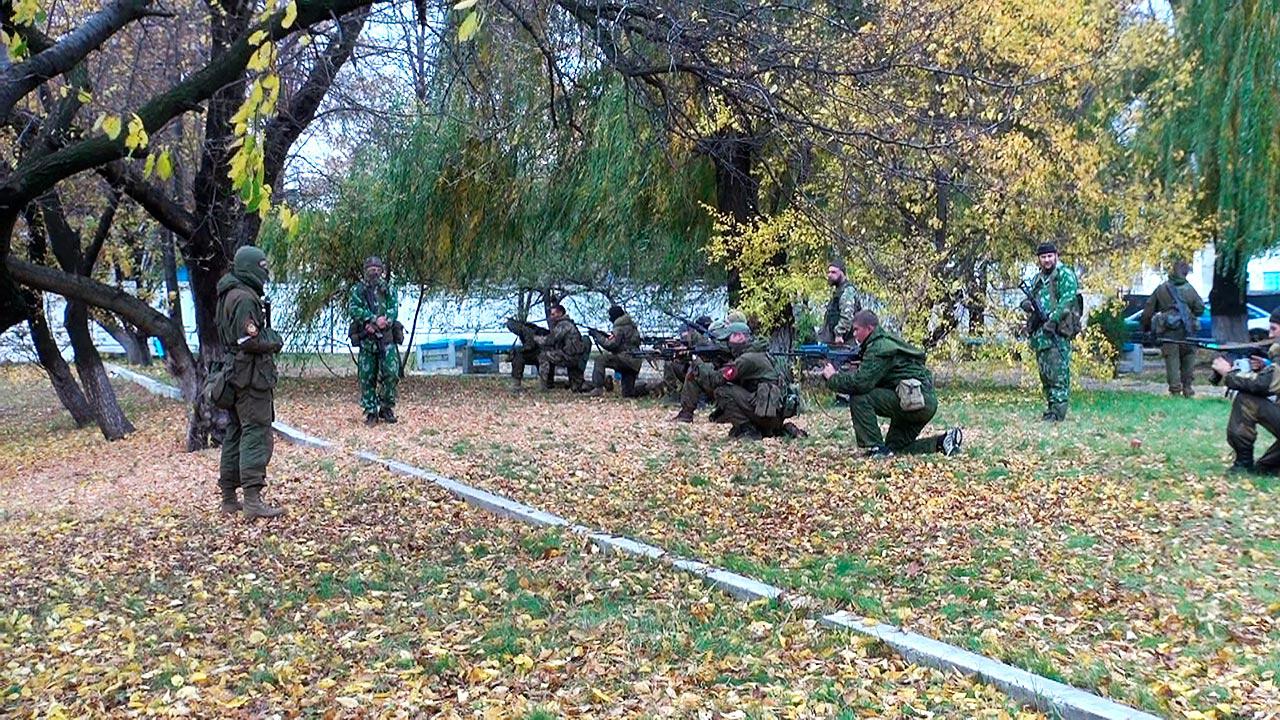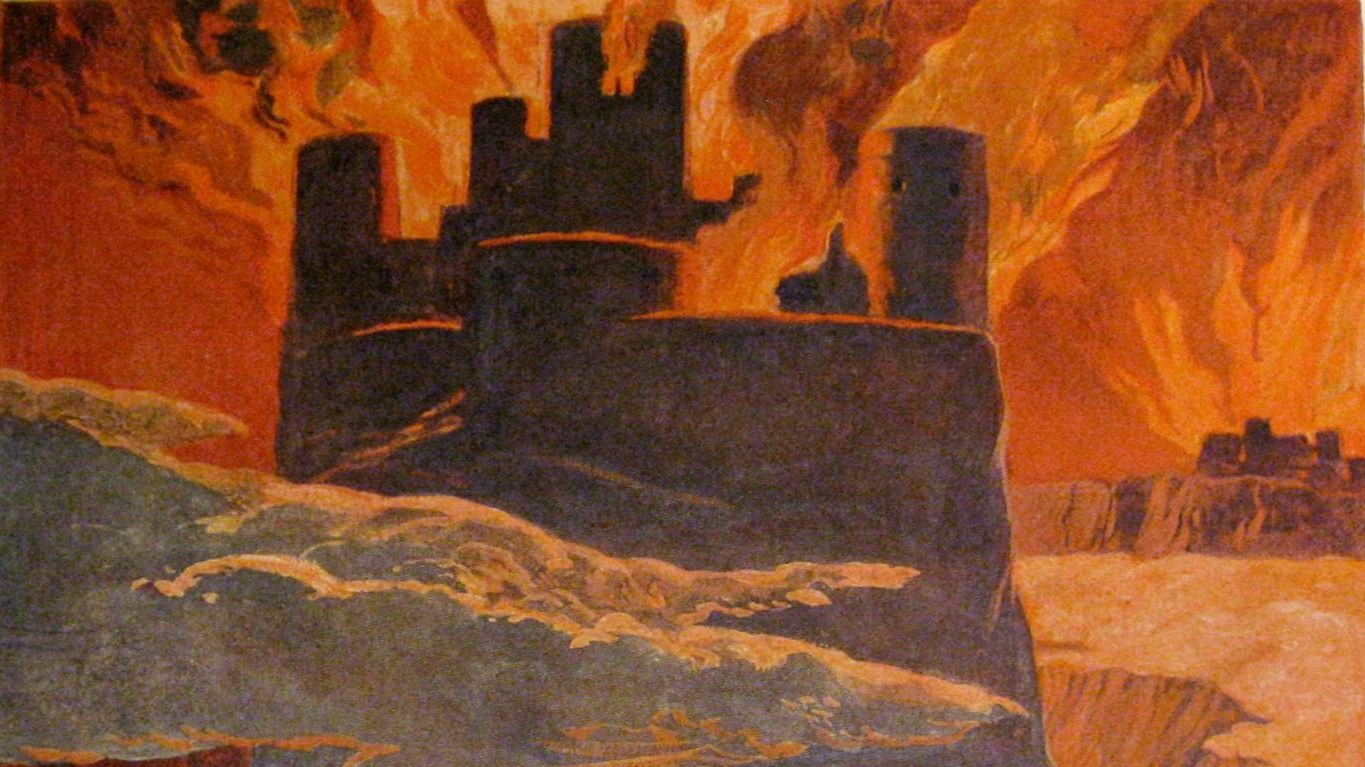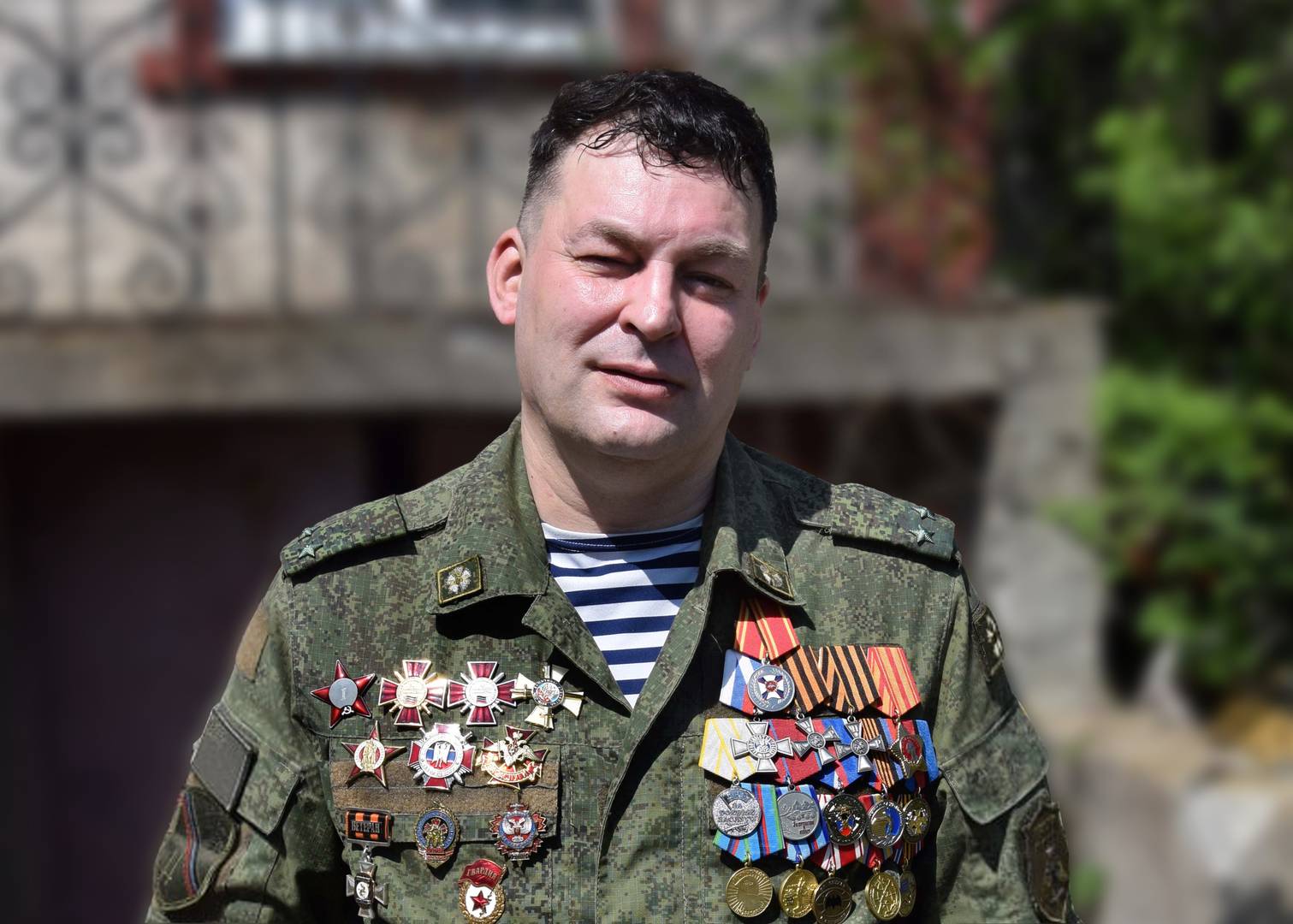A month after the “Essence of Time” mission in Donbass was established, it was decided to form a combat group. I remember how the commander of the mission Volga, who became commander of the establishing unit, demanded us to think carefully before becoming soldiers. The times were uneasy, the frontline was moving closer to Donetsk day by day, and the threat of fighting in the city itself had emerged.
“Your decision must be responsible,” said Volga. “If there is any doubt, it is better to realize it now and do other work. I warn you, that I won’t accept any talks like ‘Let’s get out of this building, they are shooting here‘. Therefore, consider all the ‘pros’ and ‘cons’ now in order not to fail the whole team later”.
Those words made a strong impression at that time, and we really began to think. After a day of reflection 9 people enlisted in the unit, i.e. actually half the number of the mission. Exhausting training began immediately, their purpose was to make a united military unit, capable of solving combat tasks, out of individual civilians. During those exercises we worked our socks off to hone the skills of handling weapons and group coordination to automatism.
About two weeks after the unit was established, we moved from Donetsk to Yasinovataya. Our main activity at that time was further combat training. As the village was at the frontline at that time, from time to time we came under mortar shelling of the enemy. The truth is that it was very useful, because these first attacks made us really feel, without leading to casualties, what a person feels hearing the whizzing of mortar shells not on TV, but over his head.
I remember psychological training best of all. We were buried 8 inches under the ground, leaving outside only a tube for breathing.

The depth is small, of course, and a person subjected to this procedure is sure he won’t suffocate and, if necessary, he would be quickly dug out to the surface. But the feeling of absolute helplessness due to the impossibility to move causes at least a strong psychological discomfort. This technique, according to the commander, was supposed to put us into the condition that a person experiences in combat. Later on, during the liberation of Panteleimonovka, we spent the night in the woods and were awakened by the whizzing of mortar shells and explosions. The feelings experienced then were really very similar to the “underground” ones, so the training was undoubtedly useful and necessary.
In addition to training tasks, we also carried out combat training tasks in Yasinovataya. In particular, we organized an observation point at a railway station near our location. It was also very useful from an educational point of view, because in addition to direct observation we were thinking over how we were going to defend the building which we had selected as an observation point in the event of contact with the enemy.
Further, we participated in the liberation of Panteleimonovka by the “Vostok” battalion to as a covering unit of the motorized infantry. We didn’t have a chance to engage the enemy in a firefight, even though we came under shelling of enemy mortars several times on the road. I must say that our actions were not perfect, but certainly training on tactics had not been in vain. The unit operated as a team, although not without certain failures, of course. We further worked on the errors, analyzed failings to correct them.
Having liberated Panteleimonovka, we stayed in the territory of one of the local enterprises together with the tanks. Now our task was to protect combat vehicles from sabotage-reconnaissance groups (SRG) of the enemy, and in the case of their large-scale offensive – to defend the village together with other units of the “Vostok” battalion. We thought out a defense system and prepared positions on dangerous sectors. Along with the guard duty, we continued nonstop combat training. The unit was divided into two subdivisions that spent one week in Panteleimonovka, and the other on the base in Yasinovataya replacing each other. The latter was equipped with a shooting ground by that time, where daily weapons and tactical training took place. At that time theoretical training was intensively implemented in the training of personnel, in particular, we studied the motorized infantry sergeant manual. There were also classes in first aid to wounded soldiers on the battlefield.
New soldiers continuously joined the unit, it increased in number. So the members of the “Essence of Time” unit – members of the mission, its backbone – had to maintain and constantly build up the quality of the unit in spite of the increasing number. It can hardly be said that everything turned out perfectly, but I think the guys coped with that task.
In conclusion I can say that the “Essence of Time” unit achieved success. Over the past year it passed the test of strength in combat and challenging living conditions, and that gives grounds to assert that the enemy will be defeated, victory will be ours!
Other stories
of “Essence of Time” unit soldiers: “Essence of Time” unit in Donbass
Source (for copy): https://eu.eot.su/?p=7888




